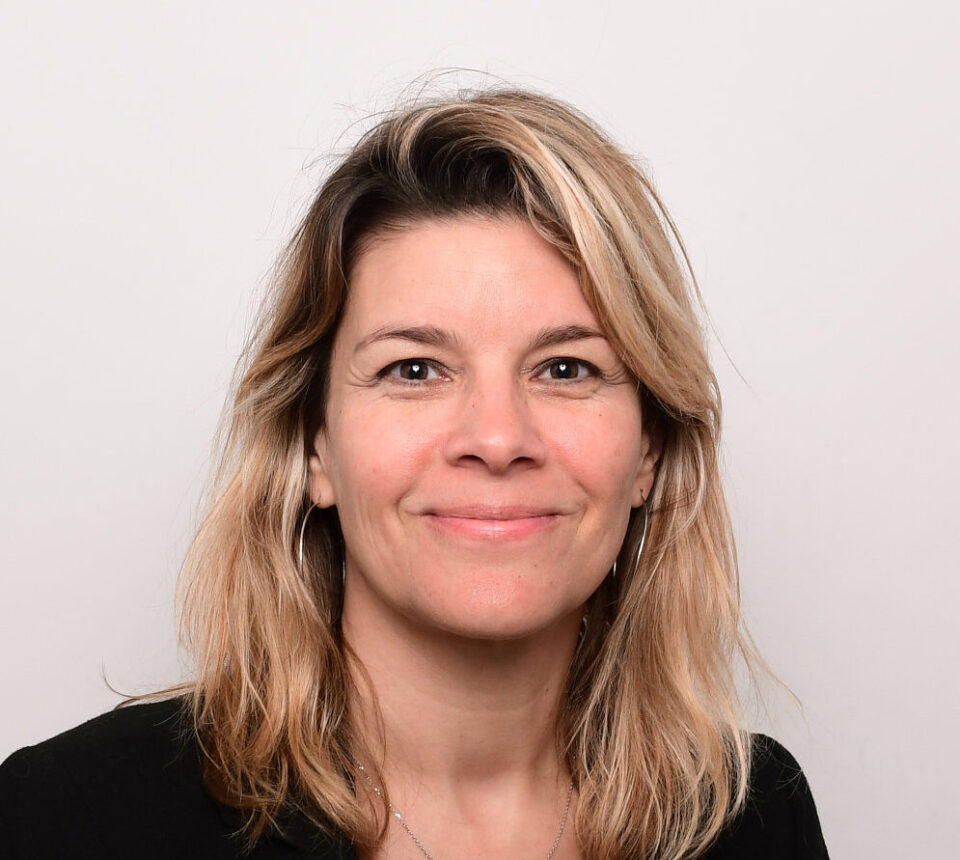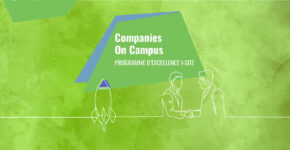Irène Georgescu: There's no point in rushing to get far
A professor at Montpellier Management University, Irène Georgescu works on the resilience of healthcare professionals. This research has earned her €5.6 million in European Research Innovation Action funding in 2025.

When asked to start at the beginning, Irène Georgescu enjoys recalling that she spent her first four years at UM, two studying pharmacy and two studying law. This candor comes easily to the Montpellier Management professor, who has nothing left to prove. In addition to her many responsibilities, including heading up the Social Sciences department at UM and serving as editor-in-chief of the Journal of Health Management and Economics, she has just secured European funding Research Innovation Action funding of €5.6 million for the international Apollo project.
However, this preamble is not false modesty on the part of someone who is grateful to a university system that allowed her to "search for herself for a long time" and start a thesis at the age of 32. Her hesitations in the early years, between working for an accounting firm and teaching in a private post-secondary institution, led to a straightforward academic career. With her doctorate in hand after three years, she quickly landed a position as a lecturer, then passed the competitive examination for a teaching position in management sciences, allowing her to become a professor in Nice. And in the process, she managed to return to Montpellier, a home base that this French woman of Romanian origin had no intention of leaving behind.
Yield logic
In a twist of fate, the doctoral project in management that she began in 2007 focused on the hospital environment, which this daughter of a family of doctors saysshe "did everything shecould to oppose." France was in the midst of reforming hospital pricing at the time, and Irène Georgescu looked at how the new assessment tools were affecting healthcare professionals. She observed their many dysfunctional effects: "Performance evaluations as they currently exist create role conflicts, stress, and a loss of emotional involvement among professionals in public hospitals, all in the name of efficiency and financial performance..."
This hospital environment that caught up with her will remain her subject of study. And while the researcher is interested in the resilience of hospital staff, the successive crises give her food for thought: Covid, of course, with the lack of recognition shown by some of the professionals interviewed for their efforts, but also the effects of climate change, with its share of heat waves and floods.
Networking and nerve
The European Apollo project addresses this issue of resilience among healthcare professionals, but on a larger scale. Irène Georgescu is still thrilled to have been part of one of the four projects selected. Set up in just a few months, the project brings together eight universities and three hospitals, including Montpellier University Hospital and Nîmes University Hospital. When asked how she managed to do it so quickly, she replies, "networking, sending out messages in bottles, and a little bit of nerve," which she needed to secure a partnership with Massachusetts General Hospital, a Harvard hospital. But also, most likely, a lot of overtime. "We work really hard," admits the woman who also has teaching responsibilities in nine different degree programs. "And that's true for my whole team," she adds, clearly delighted with the quality of her professional relationships.
She would like to incorporate these human values into the performance indicators imposed on hospitals, "where the current tools offer a volume-based approach and only partially reflect the work of healthcare professionals, which is difficult to evaluate. As a doctor once said to me, 'we're not here to sell detergent and bolts, we're here for the patients.'"
And what could be better than collaborating and visiting a prestigious Ivy League university , to come up with new proposals. Irène Georgescu knows that the challenge is not yet won, but hopes to be able to put forward her ideas.
